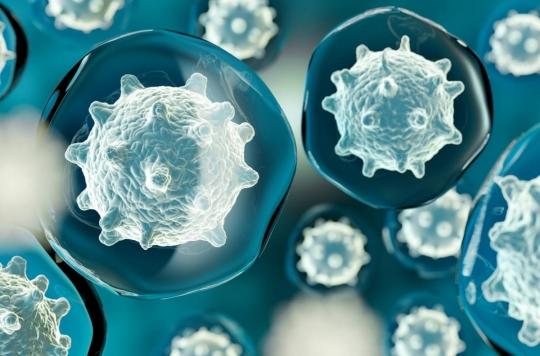Every human carries a version of the ApoE protein. One of them increases the risk of developing metastases.

Cancer cells can move around the body. When they reach new organs, a new tumor can form: this is called metastases. As specified by theNational Cancer Institute, it is not another cancer, but the original cancer that has spread. Scientists assume that the risk of the appearance of metastases is linked to the nature of the cancerous cells, potentially modified by mutations. In the review Naturenew work shows that this risk is rather linked to genetics.
Different versions of the same protein
We all produce a protein called ApoE, but in different ways: some carry the ApoE2 version, others ApoE3 or even ApoE4. Its role in the body is to transport lipids. It is particularly important in the regulation of cholesterol.
In this research conducted on mice, scientists found that ApoE4 reduced the risk of progression of metastases, compared to ApoE2. They explain that it is associated with “increased anti-tumor immune activation”. In studies in people with melanoma, results show that people with ApoE4 survive longer than those with ApoE2. “We believe that a major impact of variations in ApoE comes from differences in how they modulate the attack of the immune system.”, explain the researchers. According to Science and Future15% of the European population would be carriers of ApoE4, and would therefore benefit from its protective effects.
Links to Alzheimer’s disease
These proteins have already been studied by science. In 2018, Dutch researchers found that the risk of Alzheimer’s varies greatly depending on the ApoE we carry. At age 85, ApoE4 carriers have a 48.3% risk of Alzheimer’s disease, compared to 8.6% for ApoE3 carriers. In short, these genetic variations can be a protection as they can be a risk factor!
.
















